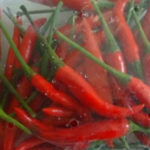Honey can change color over time, but it doesn’t lose its nutritional value and remains safe to consume.
If your honey crystallizes or becomes chunky, simply place the open jar in warm water and stir until the crystals dissolve.
It’s important to store honey in a cool, dry place, away from direct sunlight, and prevent it from coming into direct contact with water.
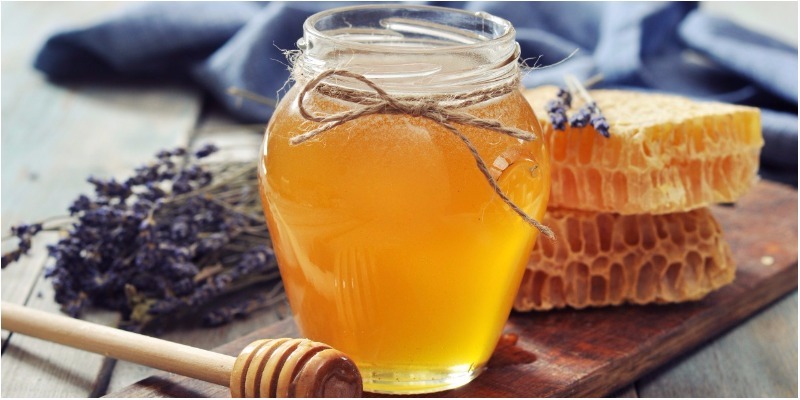
Even if white rice is covered in a thick layer of dust, it remains as good as the day you bought it.
However, this only applies to white rice, as brown rice has a higher oil content and can go rancid over time.
Simply store white rice in an airtight container, away from moisture and outside humidity.
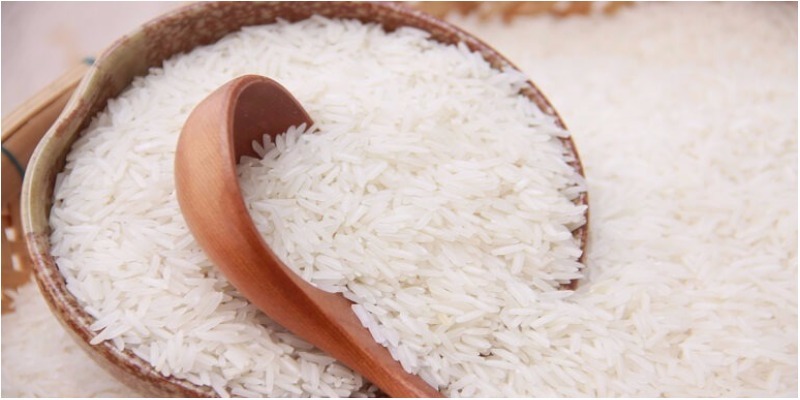
You can buy large quantities of white vinegar without worrying about expiration dates.
As long as it’s stored in a cool, dry place, white vinegar will last indefinitely.
White vinegar is not only easy to store, but it’s also a great household cleaner.
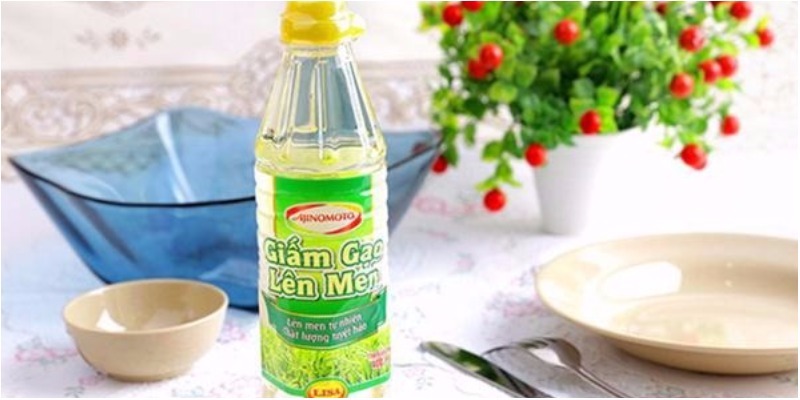
Table salt, rock salt, and sea salt will remain usable indefinitely, as long as they’re stored in a cool, dry place.
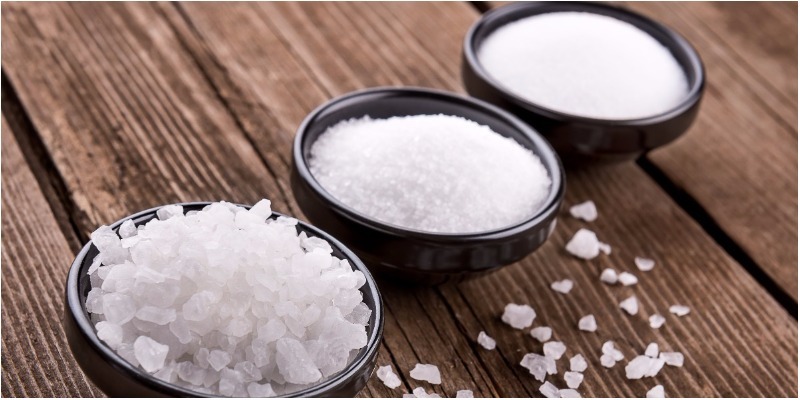
Cornstarch
To make cornstarch last indefinitely, store it in an airtight container, keep it dry, and place it in a cool area.
Once cornstarch is exposed to the outside environment, it’s challenging to prevent it from becoming damp. Therefore, only take out the amount you need for each use, as once it’s exposed, it can’t be stored again.
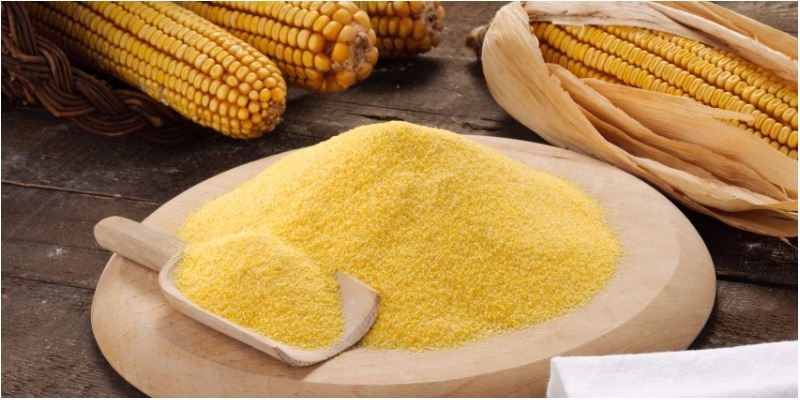
The challenge with sugar is not to prevent it from going bad, but to keep it from crystallizing into hard lumps.
Sugar doesn’t spoil because it doesn’t support bacterial growth. Just make sure to store sugar in a sealed bag or container to prevent moisture from water or air from affecting it.
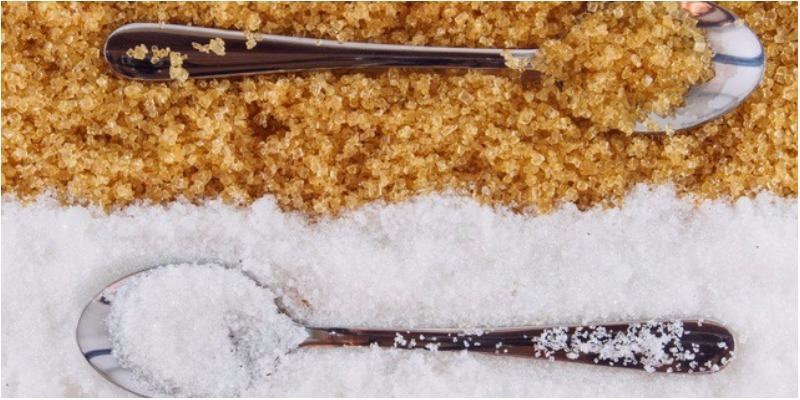
Dried Beans
Dried beans, once properly dried, can be stored indefinitely.
It will take longer to soften and cook them, but they won’t lose their nutritional value.
Simply store dried beans in a sealed bag or container in a cool, dry place, away from moisture and water.
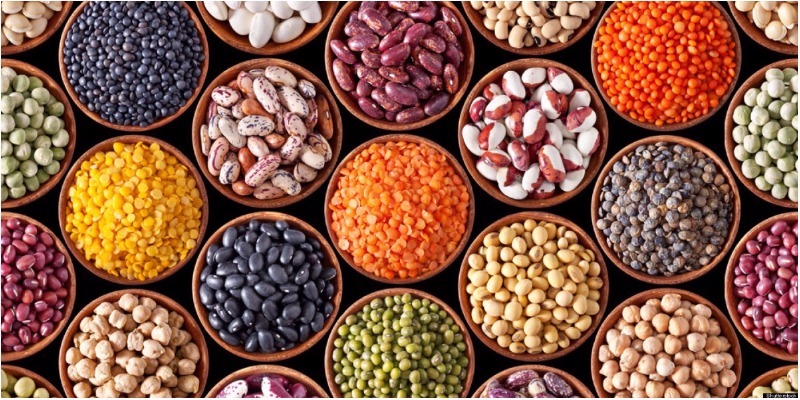
It may sound surprising, but instant coffee, despite usually having an expiration date, can be stored indefinitely in the freezer.
Whether the package is sealed or not, placing it in the freezer will preserve the quality of the instant coffee.
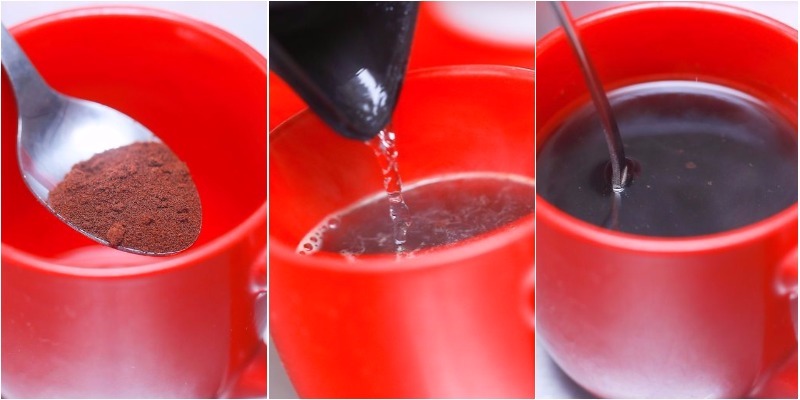
Syrups and Jams
Similar to instant coffee, if you store syrups and jams in the freezer, they will last indefinitely.
When you’re ready to use them, simply defrost and use them as you normally would. No more worrying about your syrup or jam going bad when you want to make a drink or spread it on your toast.
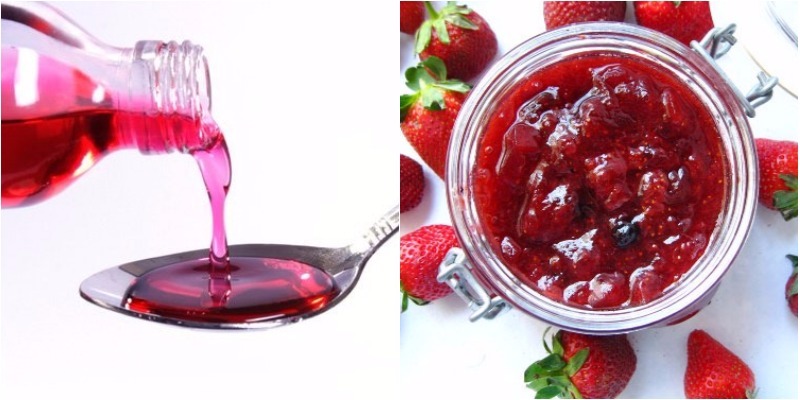
There are quite a few products in your kitchen that have an indefinite shelf life. However, it’s important to note that proper storage is key to ensuring their longevity.
Check out more new articles at […]
Ten Strategies to Streamline Your Cooking Process
Are you a busy housewife looking for ways to save time in the kitchen? Did you know that flossing can also help you out? Check out these 10 tips to help you quickly and easily prepare delicious meals for your family. Learn how to peel garlic in 10 seconds and cut cherry tomatoes quickly for a healthy and tasty meal.
4 Strategies for Storing Chili for One Month
Do you want to enjoy the fresh, spicy flavor of chili peppers all month long? Look no further! This article provides tips and tricks for storing chili peppers so that they stay fresh and flavorful for up to a month. Learn how to best preserve your peppers and savor their zesty taste for weeks to come.
8 Common Mistakes People Make with Cutting Boards
Are you using your cutting board correctly? Many Vietnamese households rely on cutting boards in their kitchen, but not everyone knows how to use them properly, especially when it comes to wooden cutting boards. Check out these 8 mistakes to avoid when using a cutting board to ensure both hygiene and safety for everyone in your family.



























